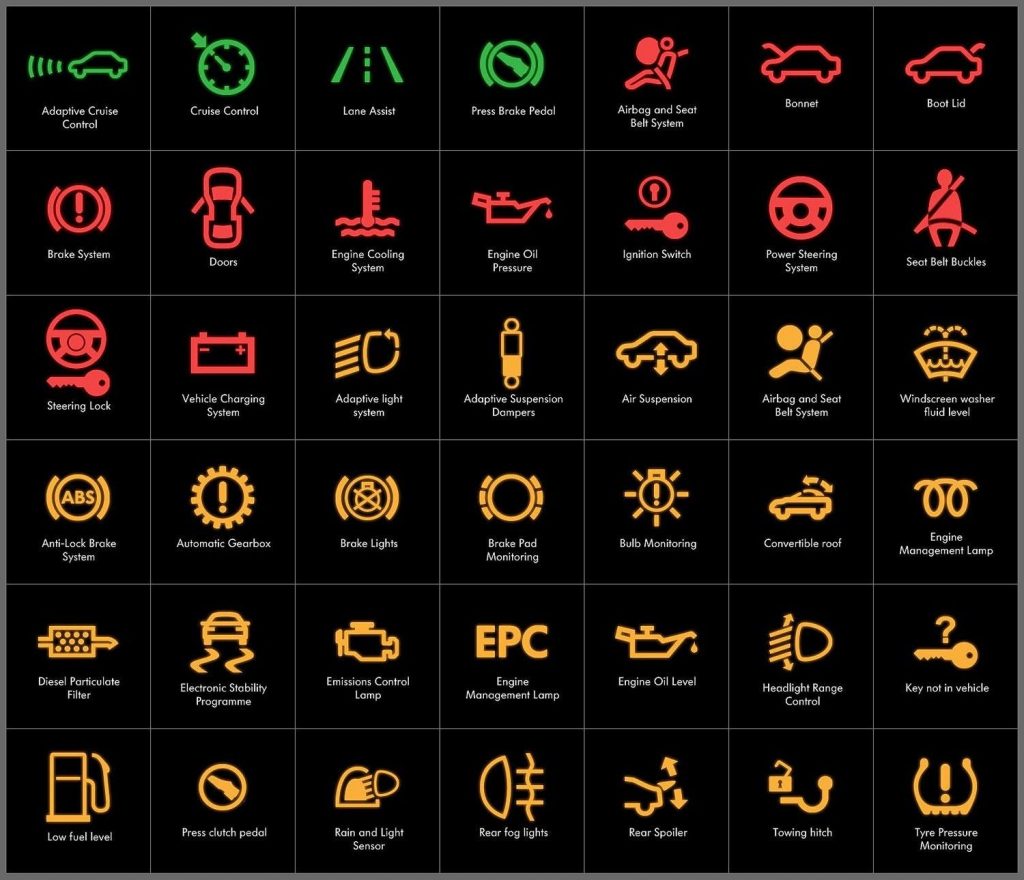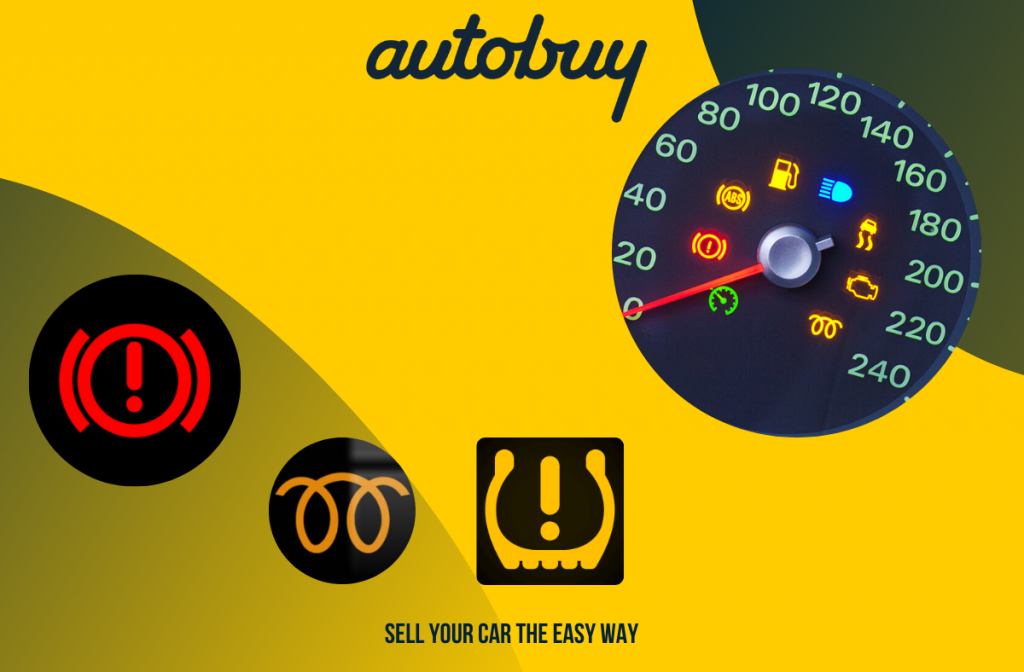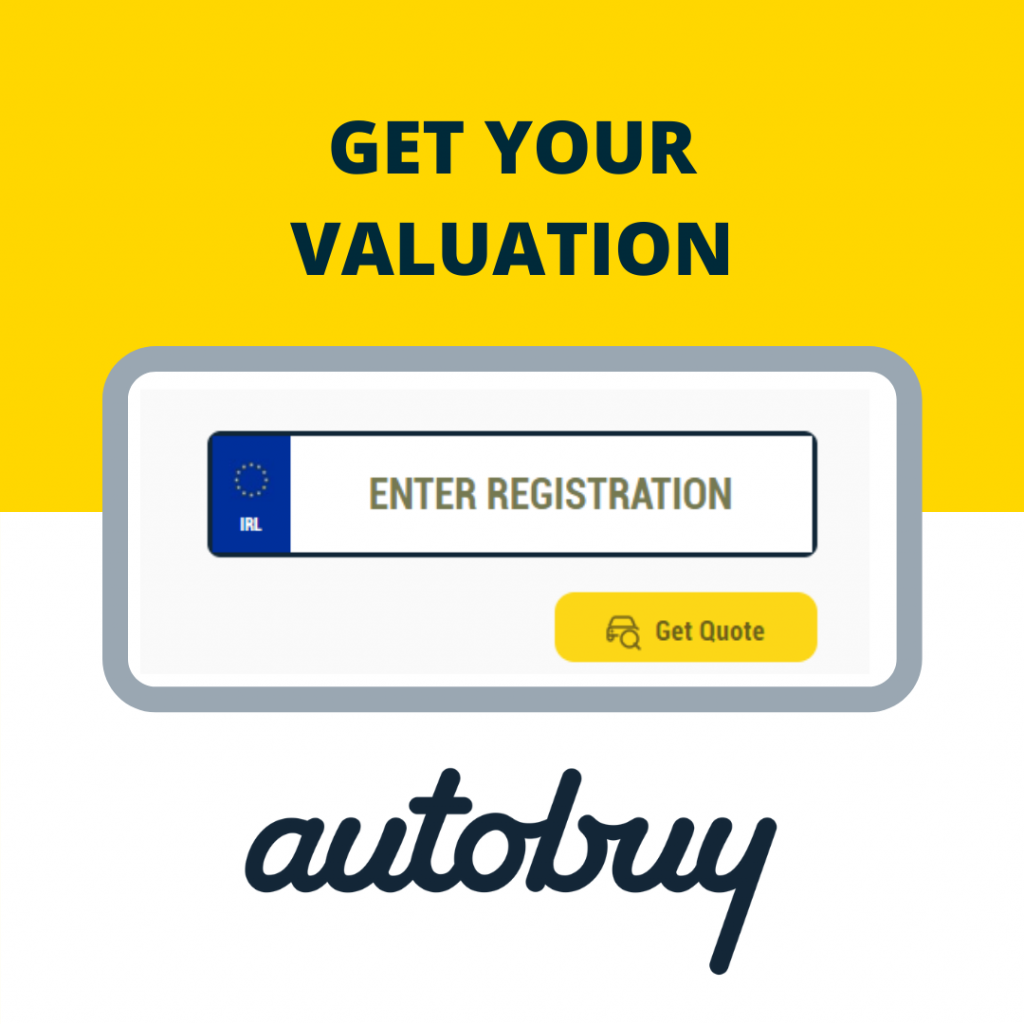Dashboard Warning Light Meaning
November 9th, 2021
All cars have several dashboard warning lights that relate to various systems, such as the engine management light or the oil pressure warning light. When you turn on the ignition in many cars, these lights will flash for a few seconds before disappearing. There could be a problem with your car if one or more of these warning lights stays on while the engine is running.
Our guide to Dashboard Warning Light Meaning will ensure you know what that little light means for you!
The seriousness of the problem is indicated by the colour of the dashboard warning lights, which range from red to amber to green to blue. While blue and green warning lights are less urgent, we recommend that you take the same precautions as you would for more serious warnings to avoid causing damage to your vehicle: stop as soon as possible where it is safe to do so and consult your car's owner's manual for more information before continuing on your journey.
Some problems will be simple to resolve and not extremely urgent, such as a low windscreen washer fluid alert. Other more significant defects indicated by red and amber warning lights should be checked by a professional as soon as possible, particularly if they involve the brakes, engine, oil, or gearbox.
The majority of warning lights are common to all makes and models of cars, although their precise locations, on or around the dashboard, may vary. Study your car’s handbook to familiarise yourself with what they all mean. Meanwhile, below, we guide you through the most important of them.
The majority of warning lights are universal across all makes and models of vehicles, albeit their exact positions on or around the dashboard may differ. Study your car's owner's manual to learn what each of these terms means. Meanwhile, we'll walk you through the most significant ones down below.

Door/boot/bonnet warning lights
This light means that the door, boot or bonnet isn't closed properly. It is important to stop and ensure all are closed properly. If you ignore this it may result in you not being able to see where you are driving if, for example, the bonnet was to open and cover your windscreen preventing you from seeing where you are going, putting yourself and other road users at risk.
Seatbelt warning light
As the name suggests, this highlights when the driver or passenger hasn't put their seatbelt on. This light may come on when their weight is on the seats. For example, a handbag or shopping on the passenger seat of the car may signal the sensor and bring the light onto the dashboard. If this occurs, remove the item to the floor of the car.
Traction-control warning light
When the traction control warning light stays on, it signifies the system isn't assisting you in maintaining traction and has to be checked.

Tyre-pressure sensor warning
Tire Pressure Monitoring System is to alert you when tire pressure is too low and could create unsafe driving conditions. You must top up your tyre pressure to the recommended pressure or seek professional help.
Low-fuel warning light
Again, as the name suggests, you need fuel!
Temperature warning light
This temperature warning light means that your engine is running at a temperature that is too high - in other words, your engine is overheating. We recommend you seek professional assistance here. Don't drive your vehicle in case it costs further damage to the vehicle.
Battery charge warning light
If your battery warning light activates while you're driving, it indicates your battery is no longer being charged by the alternator and is operating on its own. That implies your vehicle is only powered by a battery that will eventually die.
Brake system warning light
The brake warning light is not something to ignore. This is a serious issue and you should seek professional assistance immediately. The issue could be that your brake is not working and may result in you not being able to stop the vehicle
Note: If your foot pedal brake is false use the handbrake to stop the car. If this occurs. Don't drive any further as you are putting yourself and other road users at risk.
Oil pressure warning light
The low oil pressure light is a warning that there's not enough oil pressure or that the oil level is too low. We advise that you stop driving and turn the car off before seeking professional help.

Check engine light
The check engine light — is a signal from the car's engine computer that something is wrong. If the light begins flashing it indicates a more serious problem.